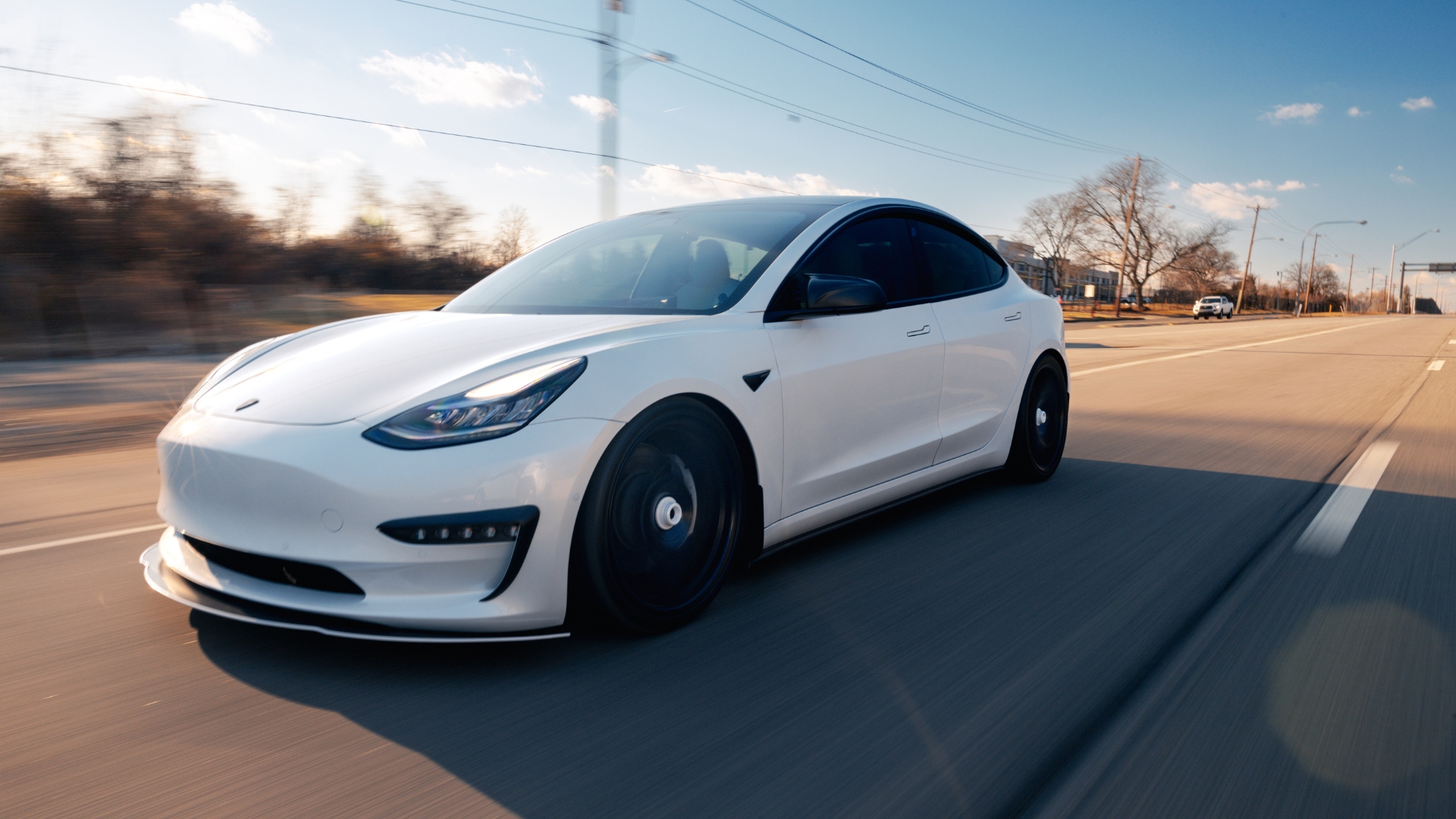
As electric vehicles (EVs) continue to reshape the automotive industry, car dealerships are adapting to keep up with the changing landscape. EVs are no longer a niche market; they are quickly becoming the future of transportation. This shift is pushing auto dealers to rethink their strategies and embrace the electrification trend.
The Rise of Electric Vehicles
Over the past decade, electric vehicles have gained significant momentum. More car manufacturers are launching EV models, offering customers more choices than ever before. The rise in environmental awareness, combined with government incentives and technological advancements, is driving this shift. Consumers are increasingly seeking sustainable transportation options, and EVs are at the forefront of this change.
Challenges for Auto Dealers
Transitioning to selling electric vehicles presents unique challenges for traditional auto dealers. Unlike gasoline-powered cars, EVs require specialized knowledge. Sales staff must be well-versed in battery technology, charging infrastructure, and the differences in maintenance. Dealerships need to invest in training and infrastructure to accommodate the needs of EV buyers.
One of the most significant challenges is educating consumers. Many potential buyers are still unfamiliar with how EVs work, their benefits, and what charging options are available. Dealers must provide clear, accurate information to help customers make informed decisions.
Embracing Charging Infrastructure
A critical component of the EV revolution is the availability of charging stations. Auto dealers are taking proactive steps to install charging stations at their locations. This not only supports the growing number of EV buyers but also provides a convenient way for customers to charge their vehicles while visiting the dealership.
Charging stations also serve as a marketing tool. Dealerships with EV charging options are more likely to attract eco-conscious consumers, enhancing their brand image as forward-thinking and environmentally responsible businesses.
The Role of Government Incentives
Government incentives play a crucial role in the adoption of electric vehicles. Many countries offer tax credits, rebates, and other financial benefits to encourage consumers to switch to EVs. Auto dealers are leveraging these incentives to make electric vehicles more affordable and appealing to customers.
Dealers are also working closely with local governments to promote EV adoption. By staying informed about the latest policies and programs, dealerships can provide their customers with up-to-date information on how to maximize savings when purchasing an electric vehicle.
Shifting Sales and Marketing Strategies
The shift toward EVs is forcing auto dealers to rethink their sales and marketing strategies. Traditional advertising methods may not resonate with the new generation of EV buyers. Dealers are increasingly focusing on digital marketing, using social media and online platforms to reach tech-savvy customers.
In addition, many dealerships are offering virtual consultations and test drives to meet the needs of busy customers. This shift to online sales channels aligns with the preferences of modern consumers who value convenience and efficiency in their buying experience.
Preparing for a Greener Future
As the world moves toward a greener future, auto dealers are playing a vital role in the transition. By embracing electric vehicles and investing in the necessary infrastructure, dealerships are positioning themselves as leaders in the automotive industry. The EV revolution is not just a trend—it is the future of transportation.
In conclusion, auto dealers are at the forefront of the EV movement. While challenges remain, the benefits of embracing electric vehicles are clear. With the right strategies and investments, dealerships can thrive in this new era of sustainable transportation.